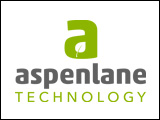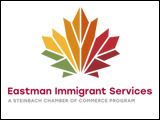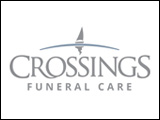The Canada Border Services Agency (CBSA) reminds travelers to plan ahead this civic holiday weekend. The CBSA is expecting higher traffic volumes throughout the weekend and into Monday.
1. Beat the border rush. Cross at a non-peak time.
Regardless of your routing, try to plan crossing the border in the morning, especially if you cross on Monday or Tuesday. Most lineups at the border start building in the afternoon and carry on throughout the evening. You can use Border Wait Times services to check lineups at Coutts, AB; North Portal, SK; and Emerson, MB. You can also subscribe by Twitter @CBSA_BWT to see listings on the go. U.S.-bound or Canada-bound information is available.
2. Keep travel documents handy. An officer will scan them.
One of the best ways your family can save time returning to Canada is to make sure each passenger has the correct travel document handy and ready to give to the CBSA officer. A passport is the best bet. If you prefer to travel light while on the road, an enhanced driver’s license might be for you (available to Manitoba and British Columbia residents only). Other acceptable forms of ID include: birth certificates with accompanying photo ID such as regular driver’s licenses; permanent resident cards; citizenship cards or certificates of Indian status.
3. Know your purchases, know where your receipts are, and know your exemptions and restrictions.
If your family has purchased goods in the U.S., mailed gifts, or made major repairs or upgrades to your vehicle or boat, you will need to declare the total value of your purchases and back your claim with the receipts. Each traveller is entitled to certain personal exemptions on items like alcohol and tobacco depending on the length of your visit, and this can save you money. Also remember that some goods will always be restricted in Canada, such as firearms. Take the time to know what you’re bringing back to Canada, and that time will pay dividends at the border.
4. Know the contents of your vehicles.
It’s as important to declare certain items in your vehicle and/or boat when you return to Canada. For example, if you have food tucked away in coolers or organic items such as soil (for example, in a bait container) or firewood, make sure you tell the CBSA officer. These kinds of products are easily forgotten when you are crossing, but could potentially create health and environmental problems for Canada.
5. Not sure? Ask the CBSA officer.
The single best thing you can do to save time returning to Canada is to simply be open and honest with the CBSA officer. If you are not sure about what to declare, don’t hesitate to ask. The officers are there to help you.



